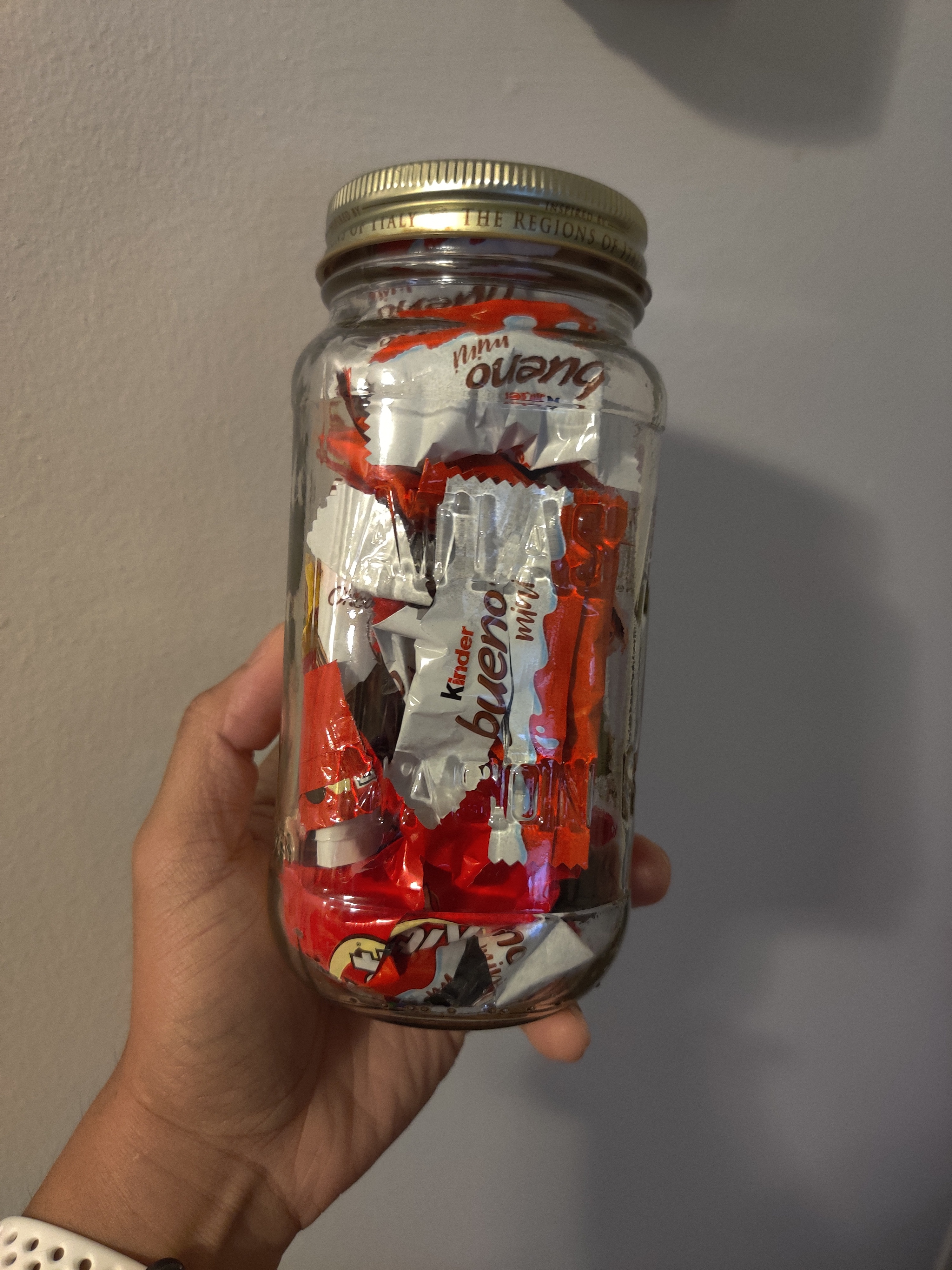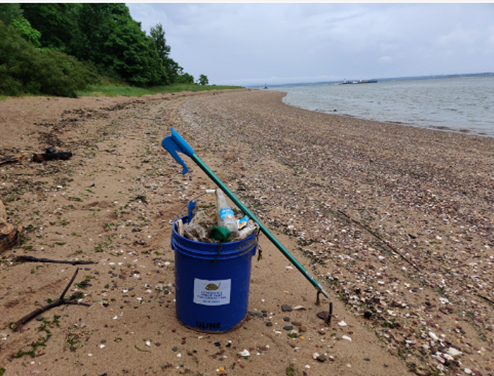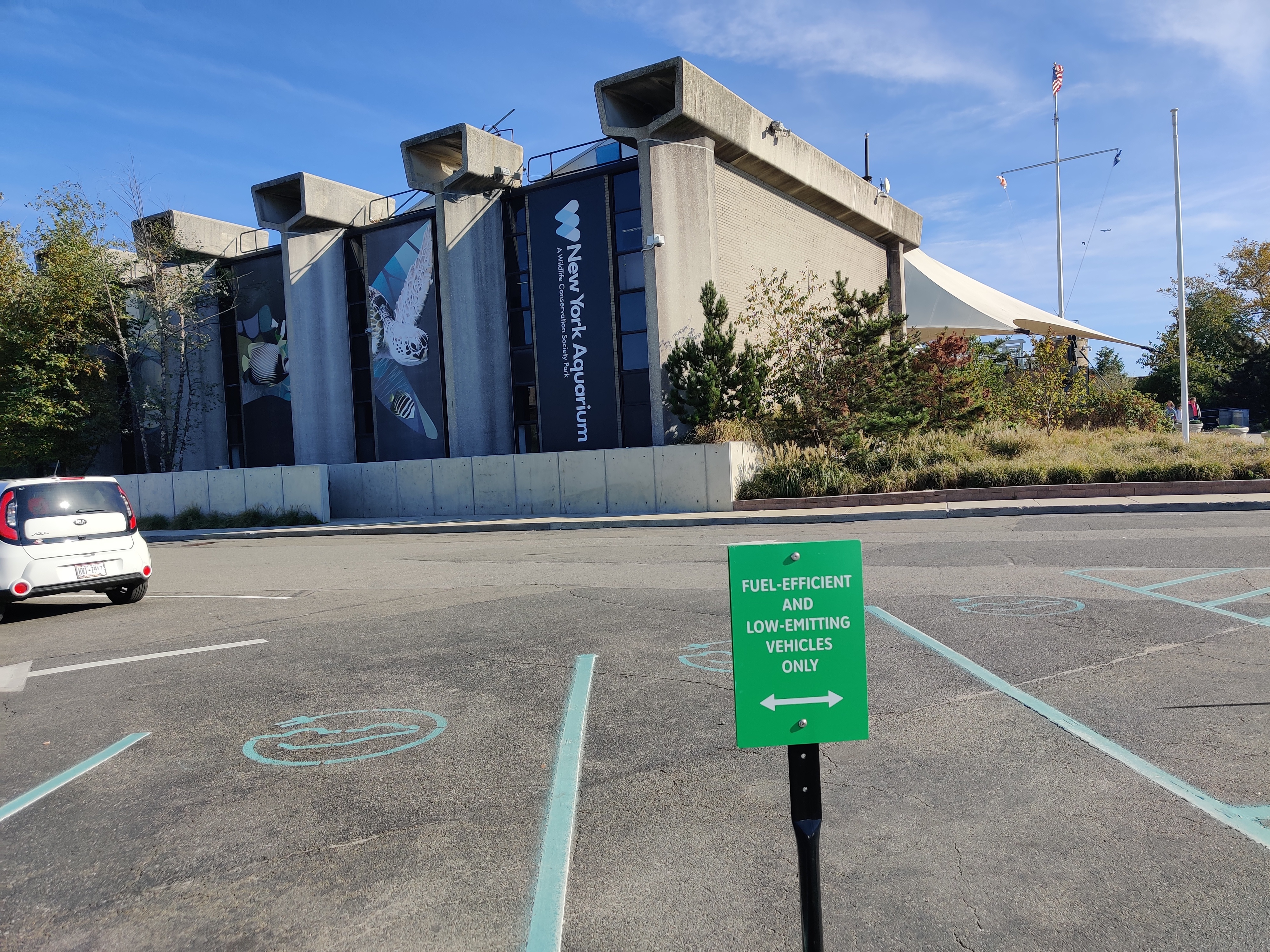I shop at my local Lidl in Woodbridge, NJ and what I appreciate most about them is their pledge to a more sustainable future through their quality standards, third-party certifications, and more. I look online and I could not locate where food is sourced from immediately, so in terms of areas to improve on, increasing transparency on where produce, seafood, poultry, etc. come from from would be great. I think communicating with Lidl and asking for such transparency will allow us consumers to have peace of mind knowing where and how are food are sourced from. This transparency should be a standard across all corporations.
As practical, what we can do as consumers is be informed. We can support local farmers markets. We can grow food in our yards or patios. We can support food coops which supports environmental and social initiatives.


